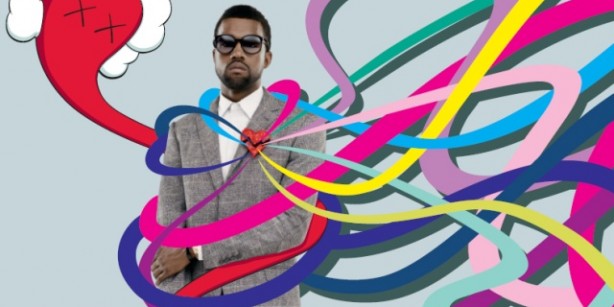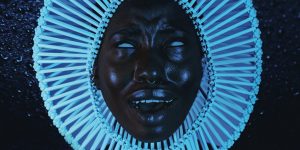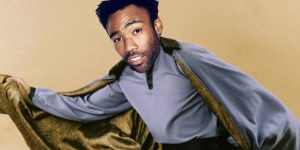 Music
Music
TRENDSPOTTING: 808s and HeartDrake, or the unexpected lasting influence of Kanye's "commercial flop"
by Richard Trapunski
November 24, 2011
Sometimes it takes a few years for an album’s impact to be felt.
When Kanye West’s 808s and Heartbreak was released in 2008, many fans and critics considered it a puzzling misstep. After spending three albums developing a larger-than-life sound and persona, the Chicago rapper abandoned that swagger for a chilly, autotuned electronic dirge. With the help of a Roland TR-808 drum machine, unrelenting lyrical angst and liberal use of auto-tune, the album repositioned his success as the key to his suddenly profound emptiness, a condition self-diagnosed as “loneliness at the top.”
It was a bold move, but one of the strangest albums that could have been released by, at the time, one of the biggest rappers in the world. By the time he rebounded with his universally-praised My Beautiful Dark Twisted Fantasy, it appeared 808s would remain a one-off excursion, a divisive singularity in his catalogue bound to be appreciated by a select few. But, much like Weezer’s Pinkerton, the once-controversial album has been retrospectively vindicated by its influence.
Three years since its release, 808s and Heartbreak’s fingerprints can be seen all over records from artists like his sort-of protégé Kid Cudi, crossover rapper B.O.B., actor-spitter Childish Gambino and many in between. And with the recent #1 release of his juggernaut sophomore LP Take Care, rap’s biggest current superstar, Drake, has proved that Kanye’s 808s aesthetic is not only artistically viable, but also commercially.
Take Care, like its predecessor Thank Me Later, uses many of that album’s elements: there are few immediate hooks, rhymes are crooned as much as rapped and beats are slow, brooding and atmospheric. The album’s few samples aren’t soul or funk-based, but rather the chilly electronics of Jamie xx and SBTRKT. Even when he scores a guest spot from soul legend Stevie Wonder, Drake includes his harmonica, not his voice. By all means, this type of rap probably shouldn’t be selling the way it is.
But Drake sands down some of Kanye’s more alienating tendencies. He may not have the smoothest voice in the world, but at least Drake leans off the auto-tune. And though he often maintains his dirge, he doesn’t hesitate to brighten things up for the singles, or employ the radio-friendly voices of guests like Rihanna and Nicki Minaj.
Like 808s, Take Care also doesn’t hesitate to showcase Drake’s sensitive side. Sensitive hip hop is nothing new (there’s a whole derisive subgenre dedicated to it), but in a genre stringently built upon alpha male macho masculinity, it’s tough to project vulnerability without being labeled “soft.” It’s one thing for someone like Atmosphere’s Slug to embrace his inner Livejournal-subscriber, but another for Drake to do the same.
But on Take Care Drake tempers that softness with backhanded self-loathing that combines his tender moments with typical hip hop boastfulness. When he’s drunk dialing his ex-girlfriend, for instance, he makes sure to mention he’s gotten laid four times in the last week, or when he’s bemoaning his hangers-on, he makes sure to point out “some pornstars [he’s] ashamed to mention.” Though he’s largely abandoned his hashtag rap style, there’s still one that can still be ascribed to most of his rhymes: #humblebrag
That’s the strange dichotomy at the heart of much post-808s pop. It’s no longer enough to brag about the bitches, the partying, the money and the drugs, but now there’s also the responsibility to show the hangover, the emptiness, the sinister queasiness lurking in its underbelly. It takes no more than a cursory glance at the tracklisting for The Weeknd’s endlessly-buzzed R&B mixtape, House of Balloons, to see that: “The Party & The After Party,” “High For This,” “Coming Down.” The album’s narrator often toes the line of moral reprehensibility, but representing it is part of its warts-and-all approach. It simultaneously glorifies and debases the dominant hip hop lifestyle, and it has the music to match.
Kanye West has never been shy about taking credit where it’s due, but as far as 808s and Heartbreak is concerned, it looks like he may have been right all along.
Tags: Music, News, Childish Gambino, Drake, Jamie xx, Kanye West, Kid Cudi, Stevie Wonder





